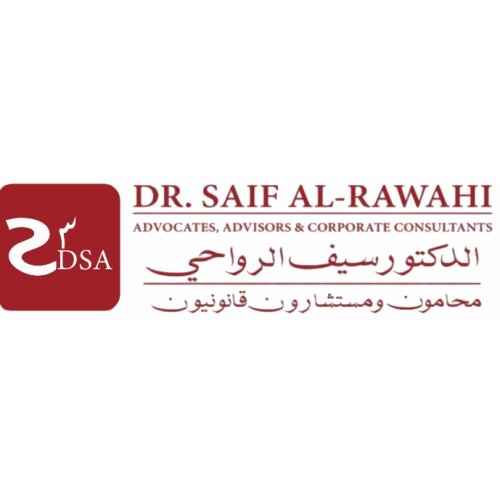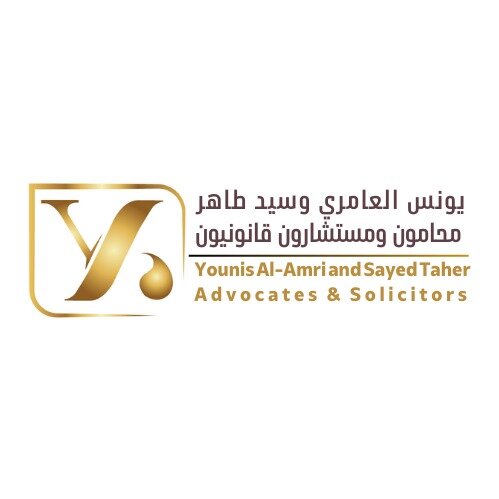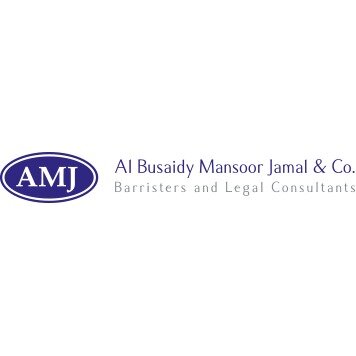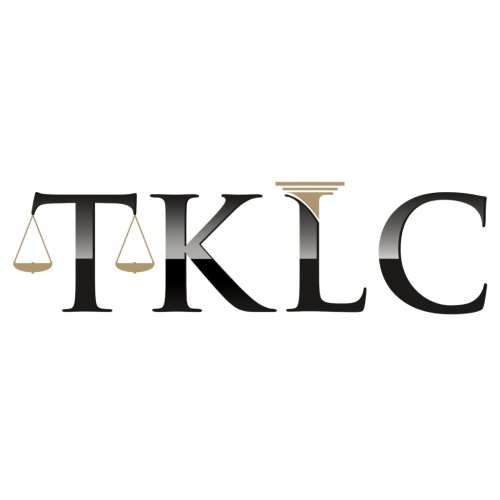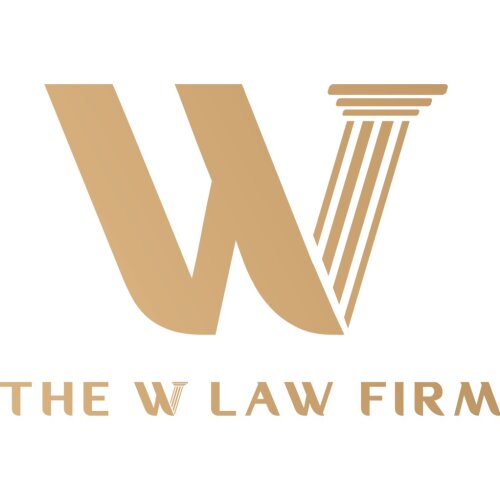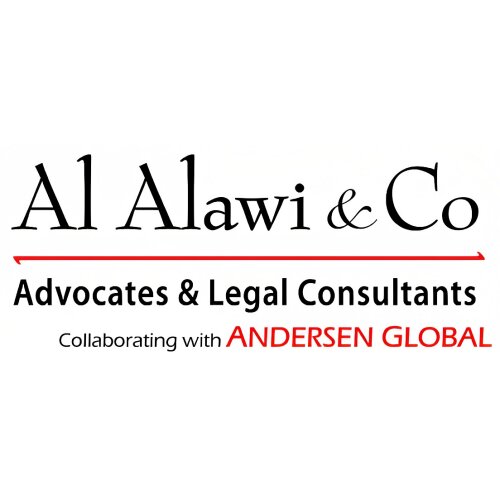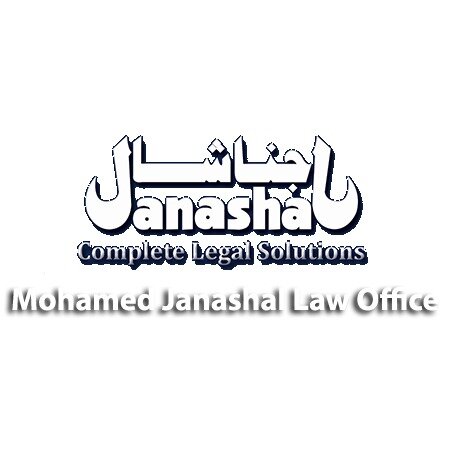Best Structured Finance Lawyers in Muscat
Share your needs with us, get contacted by law firms.
Free. Takes 2 min.
List of the best lawyers in Muscat, Oman
About Structured Finance Law in Muscat, Oman
Structured Finance in Muscat, Oman, refers to complex financial transactions designed to manage risk, provide liquidity, and meet the specific needs of businesses or projects. These often involve the pooling and repackaging of financial assets, the creation of special purpose vehicles, and the issuance of securities. Common activities include securitizations, project finance, asset-backed securities, and syndicated loans. In Oman, the legal framework around Structured Finance integrates principles of both international finance and Omani regulations, accommodating local business practices and financial institutions.
Why You May Need a Lawyer
Structured Finance transactions in Oman can be intricate and require precise legal documentation and regulatory compliance. You may need a lawyer in situations such as:
- Structuring and negotiating complex finance deals or syndicated loans
- Setting up or managing special purpose vehicles
- Drafting or reviewing asset-backed securities agreements or project finance documents
- Ensuring compliance with the Capital Market Authority (CMA) regulations and Central Bank of Oman directives
- Mitigating risks in cross-border transactions or dealing with international financiers
- Resolving disputes arising from structured finance agreements
- Advising on Sharia-compliant (Islamic finance) transactions and hybrid instruments
Legal professionals bring clarity, help protect your interests, ensure due diligence, and facilitate transactions according to local laws and market practice.
Local Laws Overview
Structured Finance in Oman is subject to several legal frameworks:
- Commercial Companies Law: Governs the formation and management of companies and special purpose vehicles.
- Capital Market Law: Overseen by the Capital Market Authority, this law regulates the issuance and trading of securities, disclosure requirements, and investor protection measures.
- Banking Law: The Central Bank of Oman sets out regulations for financial institutions involved in lending and syndicated loans.
- Insolvency Law: Recent updates provide more clarity on creditor rights, restructuring, and liquidation, impacting how structured finance deals are executed.
- Islamic Finance Regulations: The Sultanate has a robust framework for Sharia-compliant structures, which impacts sukuk (Islamic bonds) and other hybrid securities.
Foreign investors and local entities must adhere to disclosure requirements, licensing, anti-money laundering measures, and the need for regulatory approvals in certain structured transactions. Cross-border deals may also require compliance with international standards and treaties.
Frequently Asked Questions
What is Structured Finance?
Structured Finance involves advanced financing techniques that go beyond standard loans or credit facilities, often using securitization, special purpose vehicles, or other instruments to achieve specific economic objectives or manage risk.
Are there restrictions on foreign participation in Omani structured finance deals?
Foreign entities can participate, but may face ownership or licensing restrictions depending on the sector and type of activity. All foreign investment must comply with Omani regulatory requirements.
Is prior regulatory approval needed for issuing asset-backed securities in Oman?
Yes, any public offering or issuance of asset-backed securities requires approval from the Capital Market Authority, which reviews compliance, disclosures, and investor protection.
What are special purpose vehicles and are they allowed in Oman?
Special purpose vehicles are legal entities created to isolate financial risk. They are commonly used in structured finance transactions in Oman and must be established following the Commercial Companies Law and CMA regulations.
Can Islamic finance structures be used for structured finance in Oman?
Yes. Oman has a dedicated legal framework for Islamic (Sharia-compliant) finance, including sukuk, which is widely used in local structured finance transactions.
How are disputes in structured finance transactions resolved?
Disputes may be settled by Omani courts or through arbitration, depending on the terms of the contract and the parties involved. Oman's legal system recognizes alternative dispute resolution mechanisms.
What are the main risks associated with structured finance transactions?
Risks can include credit risk, legal and regulatory risk, market volatility, and operational risks related to the administration of complex instruments or entities.
Can small and medium businesses in Oman access structured finance products?
Yes, though structured finance is more common with larger entities or infrastructure projects, there are tailored solutions for SMEs, especially in receivables financing or project finance.
What is required for cross-border structured finance transactions?
Compliance with Omani regulations, proper documentation, and sometimes approvals from both Omani and foreign regulators are needed. Exchange control and anti-money laundering laws must also be observed.
How do I ensure compliance with anti-money laundering regulations?
Entities involved in structured finance must undertake proper due diligence, report suspicious activities, and implement compliant internal processes, as mandated by the Central Bank of Oman and relevant authorities.
Additional Resources
If you are seeking further information or guidance, the following Omani authorities and resources can be helpful:
- Capital Market Authority (CMA) - Primary regulator for securities and investment activities
- Central Bank of Oman - Regulates financial institutions and banking activities
- Ministry of Commerce, Industry and Investment Promotion - Information on company formation and foreign investment
- Oman Chamber of Commerce and Industry - For business networking and guidance
- Oman Arbitration Center - For dispute resolution
- Legal and financial consultancies with experience in structured finance
Next Steps
If you require legal assistance in Structured Finance in Muscat, Oman, consider taking the following steps:
- Assess the nature and complexity of your transaction or project and identify your objectives.
- Contact a qualified Omani law firm or legal advisor experienced in structured finance for an initial consultation.
- Gather all relevant documents, such as finance agreements, prospectuses, company registration certificates, and business plans.
- Prepare to discuss your transaction structure, counter-parties, financing needs, and any regulatory or cross-border aspects involved.
- Request the lawyer to explain your rights, obligations, and any required approvals or compliance steps.
- Follow your lawyer’s guidance for documentation, regulatory filings, or negotiations with stakeholders.
By working with a knowledgeable legal professional familiar with Omani structured finance law, you can ensure your transactions are compliant, efficient, and well-protected from potential legal risks.
Lawzana helps you find the best lawyers and law firms in Muscat through a curated and pre-screened list of qualified legal professionals. Our platform offers rankings and detailed profiles of attorneys and law firms, allowing you to compare based on practice areas, including Structured Finance, experience, and client feedback.
Each profile includes a description of the firm's areas of practice, client reviews, team members and partners, year of establishment, spoken languages, office locations, contact information, social media presence, and any published articles or resources. Most firms on our platform speak English and are experienced in both local and international legal matters.
Get a quote from top-rated law firms in Muscat, Oman — quickly, securely, and without unnecessary hassle.
Disclaimer:
The information provided on this page is for general informational purposes only and does not constitute legal advice. While we strive to ensure the accuracy and relevance of the content, legal information may change over time, and interpretations of the law can vary. You should always consult with a qualified legal professional for advice specific to your situation.
We disclaim all liability for actions taken or not taken based on the content of this page. If you believe any information is incorrect or outdated, please contact us, and we will review and update it where appropriate.



